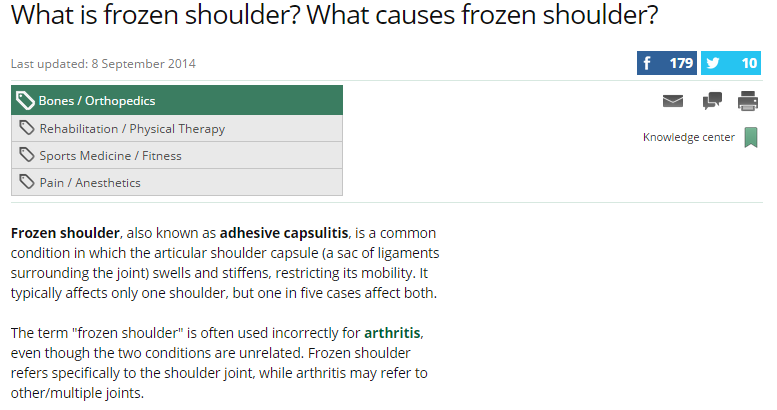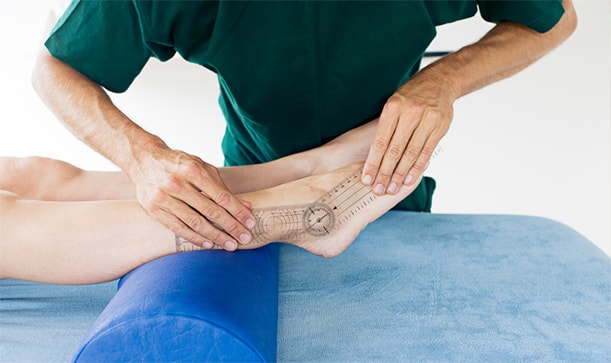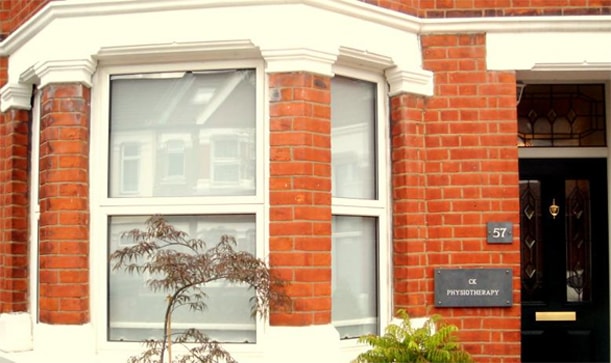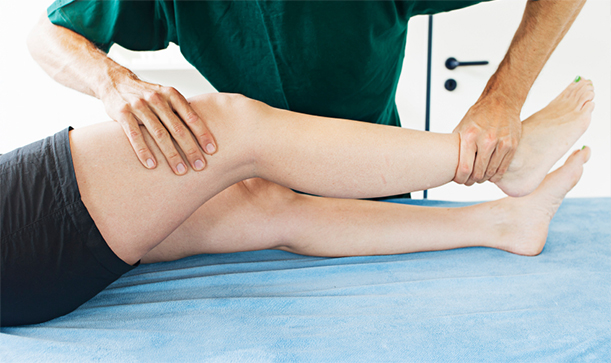CK Physiotherapy
AREAS COVERED
W7, W5, W13, Ealing, West London
57 Elthorne Avenue
Hanwell, W7 2JY
T: 020 8566 4113
M: 079 572 46185
E: info@ckphysio.co.uk
Location / Parking
We are situated in Hanwell, between Boston Manor Road and Northfields Avenue, south of the Uxbridge Road.57 Elthorne Avenue
Hanwell, W7 2JY
There are parking restrictions Mon - Fri 9-10am and 2-3pm. If you need a permit during this time please inform your therapist when you arrive. There are no parking restrictions at other times.
Opening Times
Please phone the number above during working hours to make an appointment. Our reception service will be happy to book your session.
London Underground / Bus Services
London Underground
10 min. walk from Boston Manor Tube Station.
15 min. walk from Northfields Tube Station.
Bus Service
E8, E3, E2, 207, 607, 83
Request Call Back
Our Blog
Ealing Physiotherapy: Helping You Cope and Deal with Frozen Shoulder
By: BryanKelly (Psst, View author in Google Plus) Date: Dec 3rd, 2014Exercising and playing sports is good for a person’s health as it maintains their figure and helps them avoid diseases related to a sedentary lifestyle; however, not everyone can avoid injuries or disabilities when doing such activities. Fortunately, there is physiotherapy that focuses on treating conditions that affect a person’s mobility.
One area of concern that can be treated by physiotherapists is the shoulder. In a news article released by Medical News Today, they discussed all the necessary information related to having a frozen shoulder, from its description to prevention. Here’s an overview:

Frozen shoulder, also known as adhesive capsulitis, is a common condition in which the articular shoulder capsule (a sac of ligaments surrounding the joint) swells and stiffens, restricting its mobility. It typically affects only one shoulder, but one in five cases affect both.
The term "frozen shoulder" is often used incorrectly for arthritis, even though the two conditions are unrelated. Frozen shoulder refers specifically to the shoulder joint, while arthritis may refer to other/multiple joints.
Frozen shoulder makes it hard for a person to move or raise his arms. It causes pain and restricted movement and is similar to other musculoskeletal conditions like arthritis.
Risks
Frozen shoulder typically affects those who are over 40 years of age and 70% more of women than men. People with diabetes are also more likely to experience immobility. Other risk factors include hyperthyroidism (overactive thyroid), hypothyroidism (underactive thyroid), cardiovascular disease, and Parkinson’s desease.
Three Stages
Signs and symptoms of frozen shoulder develop and worsen gradually in three stages namely: painful stage, frozen/adhesive stage, and thawing stage. A person may experience limited movement and stiffening of shoulders during the first stage and won’t be able to sleep on the affected side. Stiffening increases and a person’s range of movement becomes more limited during the second stage. Lastly, although pain can disappear as shoulder movement improves, it can still be experienced occasionally during the last stage.
Diagnosis and Treatment Options
A physical exam is done by doctors and a basic test where they press and move certain parts of the arms and shoulders. X-rays or MRI can also be done to identify structural problems for severe cases. For those with frozen shoulder, there are a effective Ealing physio treatment options including specific exercises, transcutaneous electrical nerve stimulation (TENS), and pain-relieving techniques like warm or cold compress.
Regardless of the injury that a person has, it is better to consult with experts to ensure a speedy recovery. Trusted Ealing physiotherapy centres, such as CK Physio, offers proper diagnosis and treatments that can help a person not only with a frozen should, but other mobility problems as well.
(Source: What is frozen shoulder? What causes frozen shoulder?, Medical News Today, September 8, 2014)





